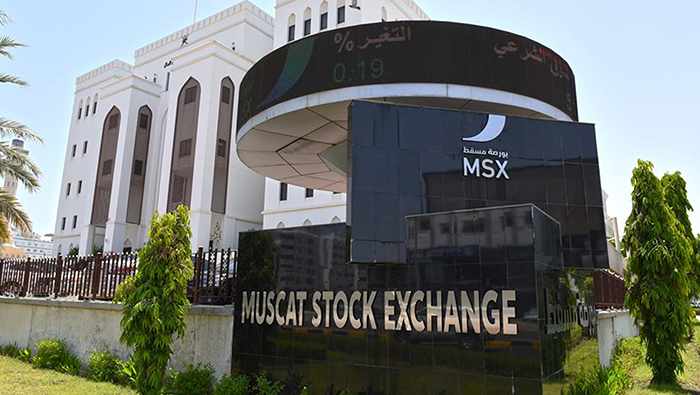UAE and Georgia sign Comprehensive Economic Partnership Agreement
- Date: 11-Oct-2023
- Source: Arab News
- Sector:Financial Services
- Country:UAE
UAE and Georgia sign Comprehensive Economic Partnership Agreement
No quick fixes for Arab countries as high grain prices pile on the fiscal pressure
TUNIS: As the Israel-Palestine conflict once again flares up, threatening to plunge the Middle East into a new crisis, it does not mean that the other serious problems plaguing the Middle East and North Africa region are petering out.
Many low- and middle-income Arab economies have been facing worsening food security conditions in recent months, after Russia withdrew from the Black Sea Grain Initiative and India banned the export of white rice and sugar. Among the most vulnerable countries are Tunisia, Libya, Lebanon, Iraq and Egypt, to say nothing of conflict-torn Syria, Sudan and Yemen.
Russia’s exit in July from a grain-export deal announced 12 months earlier has disrupted global grain supplies in general and wheat markets in particular. At the same time, global rice prices have skyrocketed since India’s decision, also in July, to halt exports of non-basmati varieties.
Egypt and Lebanon, heavily reliant on imported rice and wheat, are now grappling with food-financing challenges, while Sudan, which was already battling hunger and civil conflict, is in no position to import costly foodstuffs.
There has been a decline in Ukrainian grain exports since the deal was signed in 2022.





















